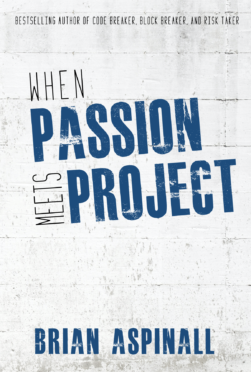1) “Spelling Test One” – In this type of assessment, students are given a bank of words and told a select few will make it into the formal dictation. Students memorize and retain as many of the words as they can in hopes are getting a good grade.
Pros: Spelling Test One is easy to assess quantitatively. All students write the same dictation. A score is given.
Cons: What is truly being assessed? Retention or spelling? Have students been taught how to memorize – association, colours, songs, acronyms?
2) “Spelling Test Two” – In this type of assessment, students are given words they have never seen before and asked to spell them using speech patterns, phonetics and recognition.
Pros: Spelling Test Two allows students to think critically and creatively as they are working with new words. They are activating prior schematic knowledge in order to make connections to new ideas.
Cons: Assessment. The process of learning will be different for each student. Assessment becomes very subjective as students are not compared to each other on a similar standard.
If my Learning Goals and Success Criteria revolve around teaching students how to study, memorize and retain information then Spelling Test One is a good assessment. But can I use it as a Language mark – or is it Learning Skills? Hmm.
If my Learning Goals and Success Criteria revolve around the process of learning to spell new words, i.e. “Spelling”, then Spelling Test Two is my preferred method of assessment. Can I use this as a Language mark – or is it Learning Skills? Hmm.
To be completely honest, I am only using spelling tests as a trivial example. It could be multiplication tables, historical dates or capital cities. My point is, if we are concerned with the process of learning more so than the product, Spelling Test One has seen better days.
A lot of people have expressed a subjective bias & concern about me bashing worksheets lately. The face value of twitter and people’s predisposition makes me the face of “he says it should be done this way.” The reality is the right tool for the job. I use worksheets. You should too, if it fits. If you are teaching students how to study and retain information, repetitive worksheets might be the right choice. Just consider the final goal – retention or creative problem solving. Also, “worksheets” don’t have to be physical pieces of 8.5 x 11. Digital worksheets can be just as powerful.
Until we have a major assessment reform, Spelling Test One wins. It is easy to implement, easy to assess and people are comfortable with a final score.
Forget the argument of for or against spelling tests and worksheets. Consider what it is you are trying to teach, why you are trying to teach it, the final goal and the appropriate tools to be successful. But if you are personalizing learning, can you really dictate the same tool for everyone? If it is about student choice and voice, let’s expose them to a variety of tools and let them choose what works best.
 For all the kids who grow up in a small town and think they don’t stand a chance. You do. I was once that kid.
For all the kids who grow up in a small town and think they don’t stand a chance. You do. I was once that kid.
Love the post Brian. Want to add a third option. In my classroom I got sick and tired of students either getting perfect on words they already knew or failing because they were too hard. So I decided to have students choose there own words based on their reading and writing problems. During the week students work on these words in vocabulary building and our guided reading programs. At home they practise definitions, adding them to their writing and spelling them. Every Friday kids administer their own test by grabbing a friend who then reads the word and the other spells it (students read the partner list). Now students get exposure at reading unfamiliar words. If they struggle they ask me and we work through it. Students mark and bring it to me for checking. Been amazing.
A very long time ago (1989) I had students pull words from their personal writing that we identified as incorrect and they worked with those words over the week. (They even made the words using plasticine) We also explored key vocabulary words related to the various topics we were exploring but the focus was on understanding and usage not memory. The weekly spelling goal was for students to learn 2 or 3 new words and get them into long term memory. Memorizing 10 or more words for the Friday test didn’t work (yikes) 25 years ago. It doesn’t today. As for worksheet this video was created for our first SOOC in 2013. In it Dan McNulty tells you why you need to question worksheets. https://youtu.be/wzTOwQtB9ZI?t=2m57s You are so right about voice and choice especially if our goal is to helps students become expert learners (UDL).